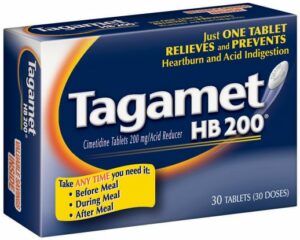Abstract:
Androgen action in many organs, such as prostate and skin, is dependent on the conversion of testosterone by 5 alpha-reductase to 5 alpha-dihydrotestosterone. 5 alpha-Dihydrotestosterone then binds to the androgen receptor to regulate specific gene expression. Inhibitors of 5 alpha-reductase are useful for the selective treatment of prostatic cancer, benign prostate hyperplasia, acne, baldness and female hirsutism, without affecting spermatogenesis, sexual behavior and smooth muscle growth, that do not require the conversion of testosterone to 5 alpha-dihydrotestosterone. Certain unsaturated fatty acids, such as gamma-linolenic acid, are potent 5 alpha-reductase inhibitors, suggesting a linkage between unsaturated fatty acids and androgen action. Mutations in androgen receptor genes are responsible for many cases of androgen-insensitivity. In some prostate cancer cells, some antiandrogens may act like androgens in stimulating the proliferation of the cancer cells because these antiandrogens can bind to a mutated androgen receptor and transactivate target genes. Prostate cancers are usually androgen-dependent initially but can lose dependency and responsiveness. Tumor cells which are resistant to endocrine therapy ultimately proliferate. Androgen-independent or androgen-repressive cells can arise from androgen-sensitive prostate cancer cells by changes in specific gene expression over time in a clonal isolate. This change in androgen responsiveness was accompanied by a change in androgen receptor expression and transcriptional activity as well as expression of some oncogenes.
Author:
Liao S
Source:
J Formos Med Assoc, 1994 Sep, 93:9, 741-51
Address:
Ben May Institute, Department of Biochemistry and Molecular Biology,
Language:
English
Unique Identifier:
95252897





